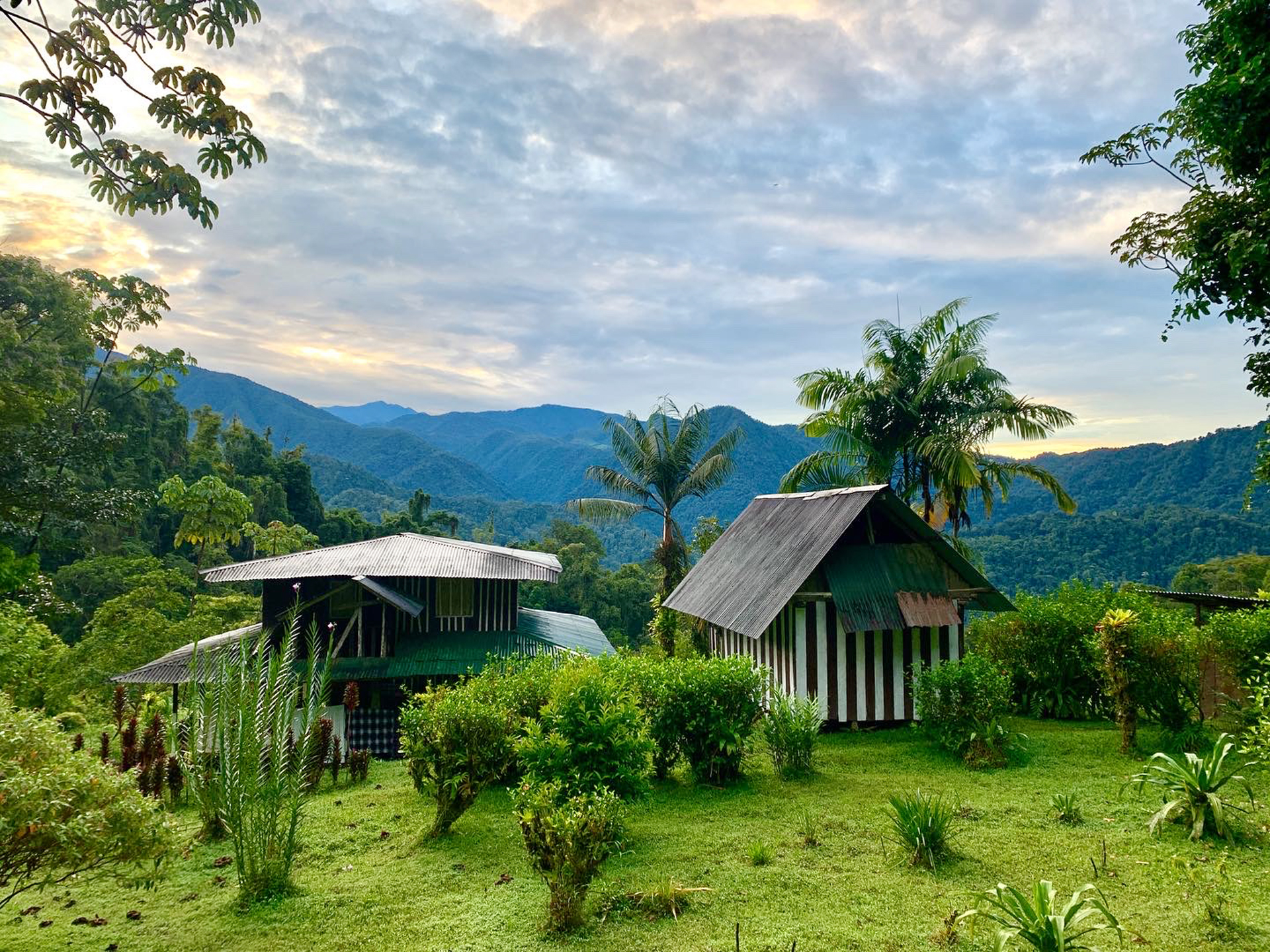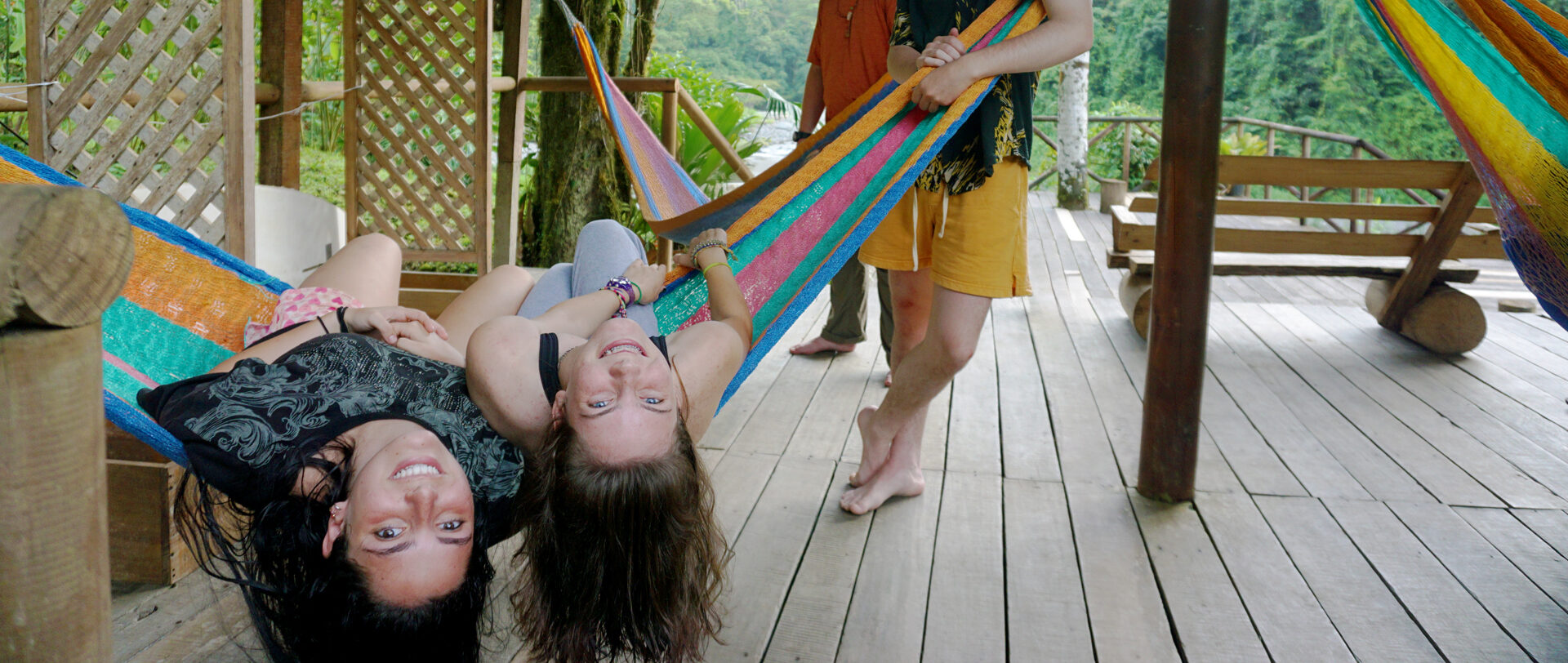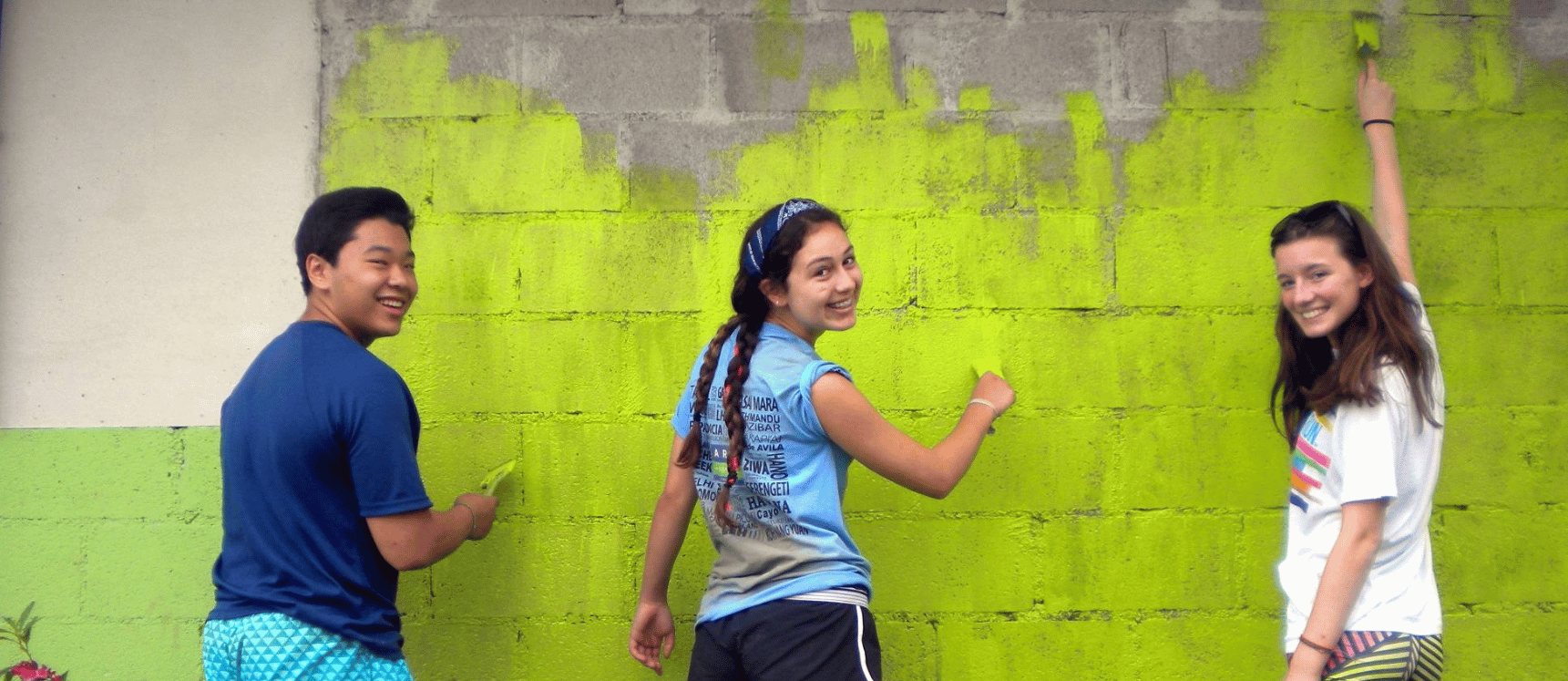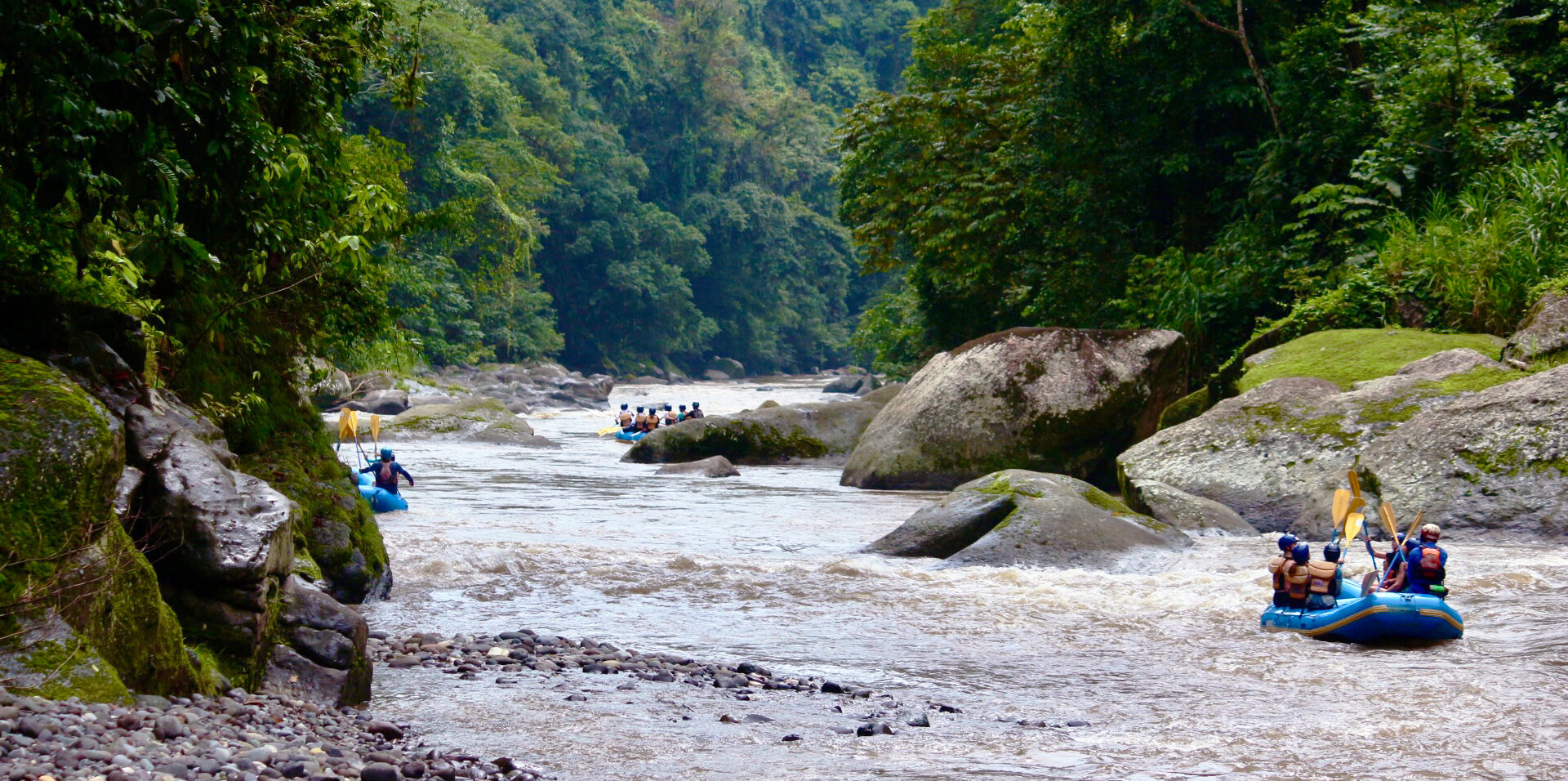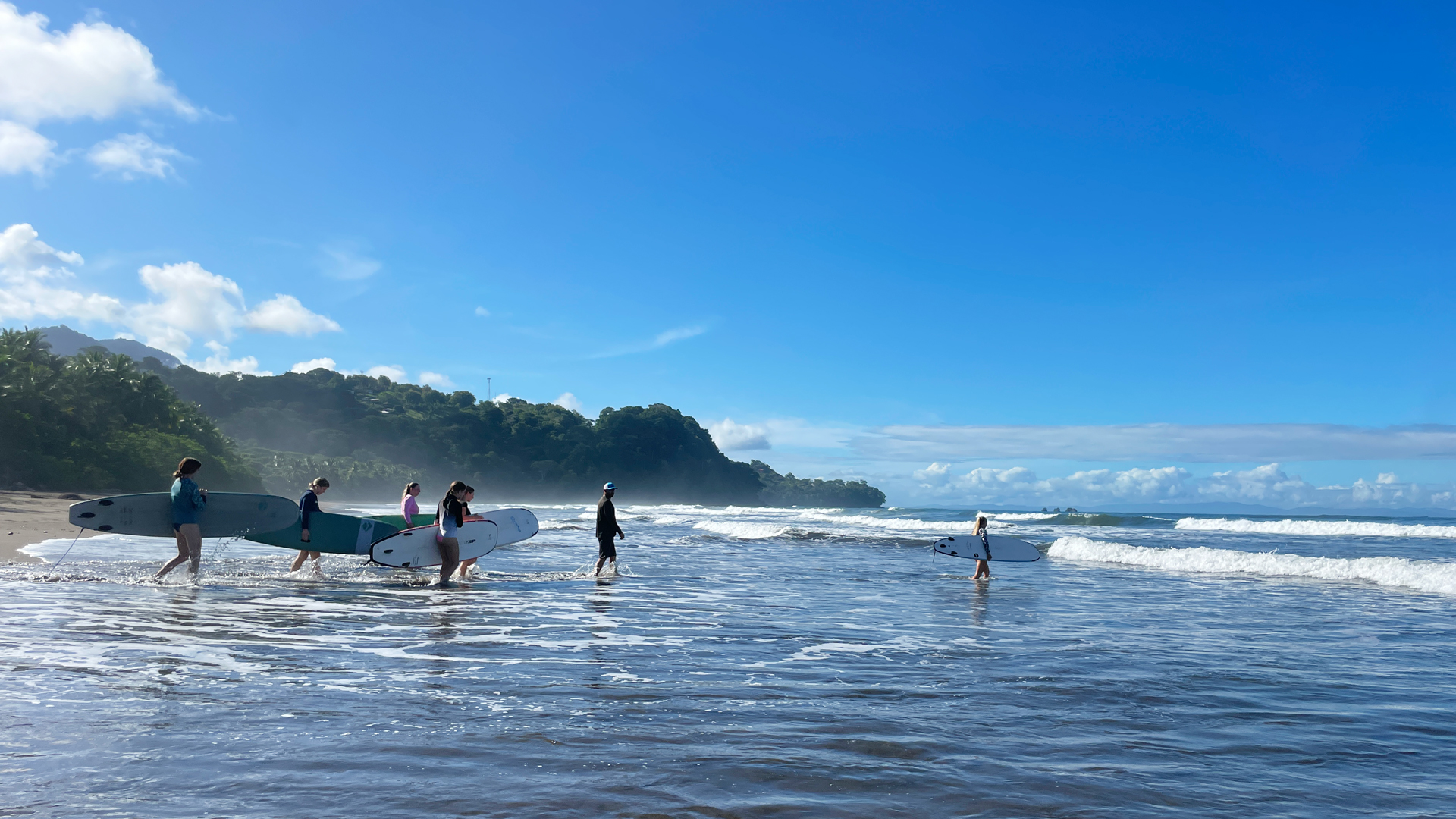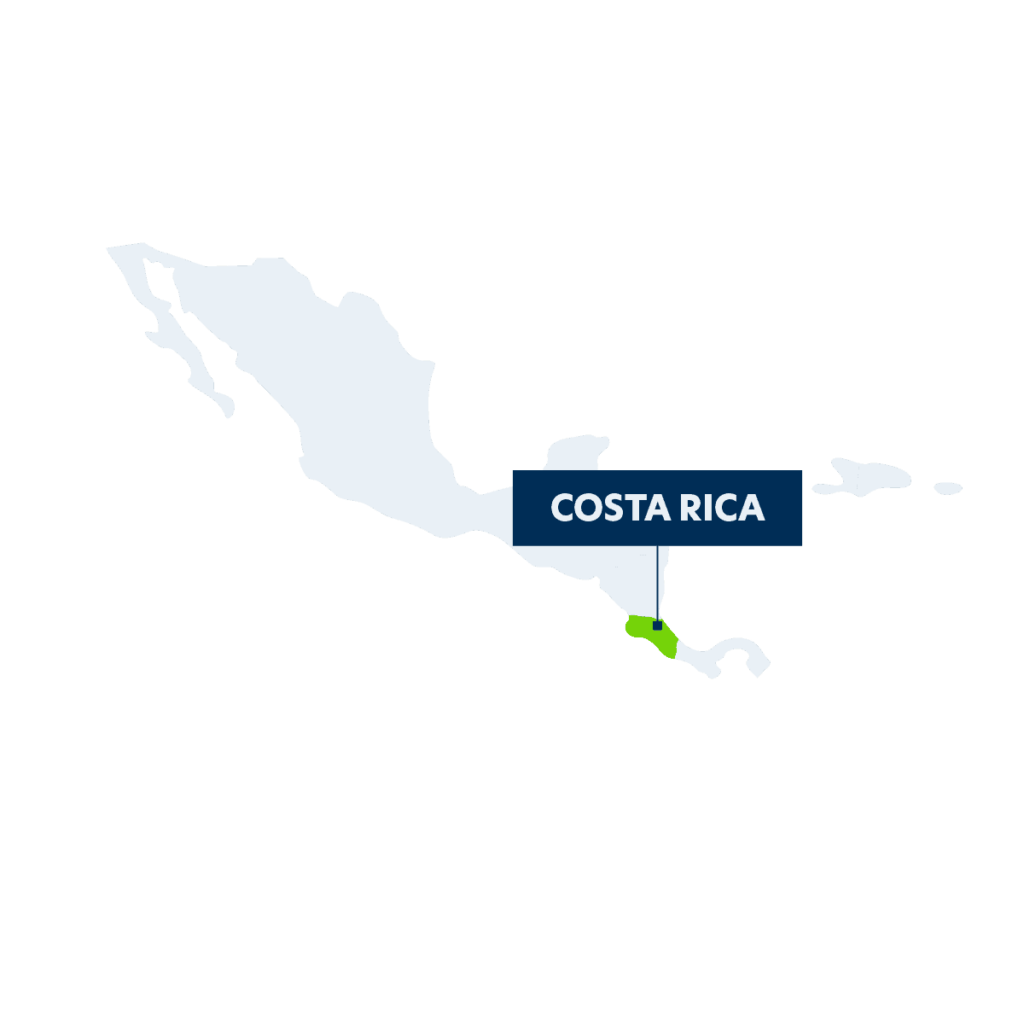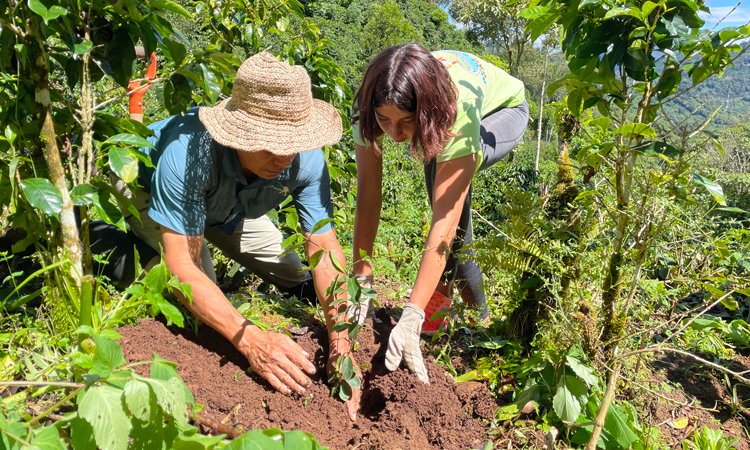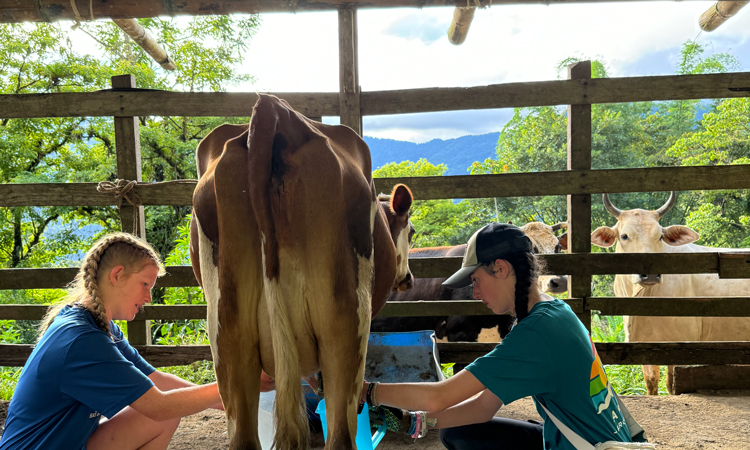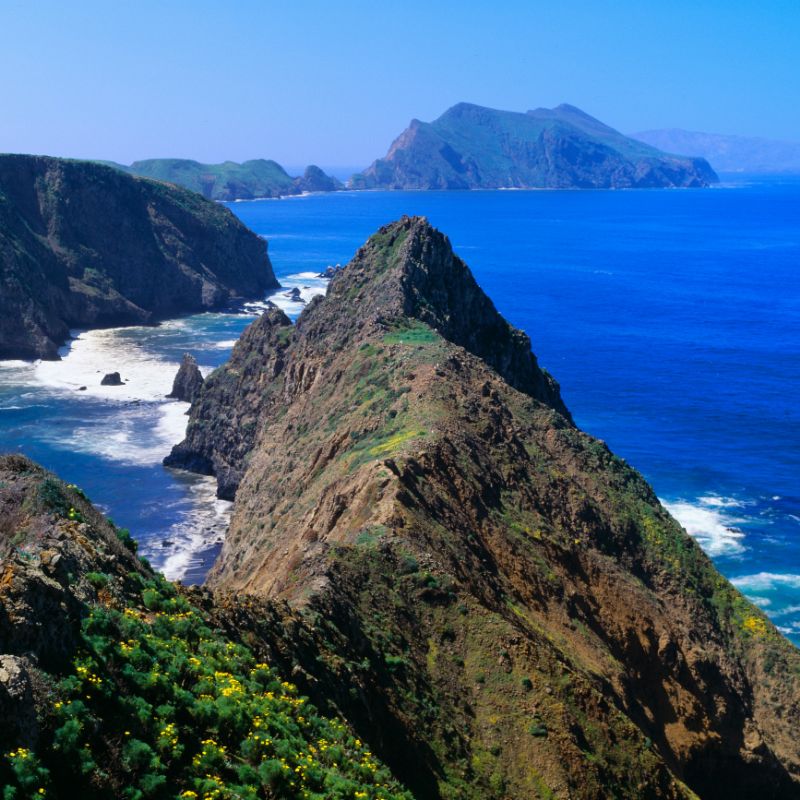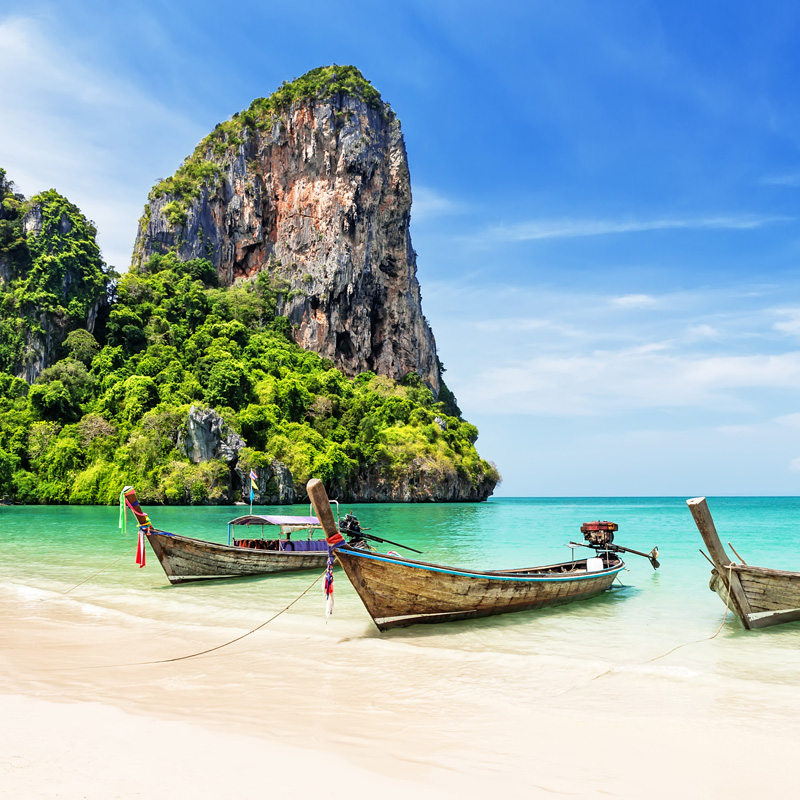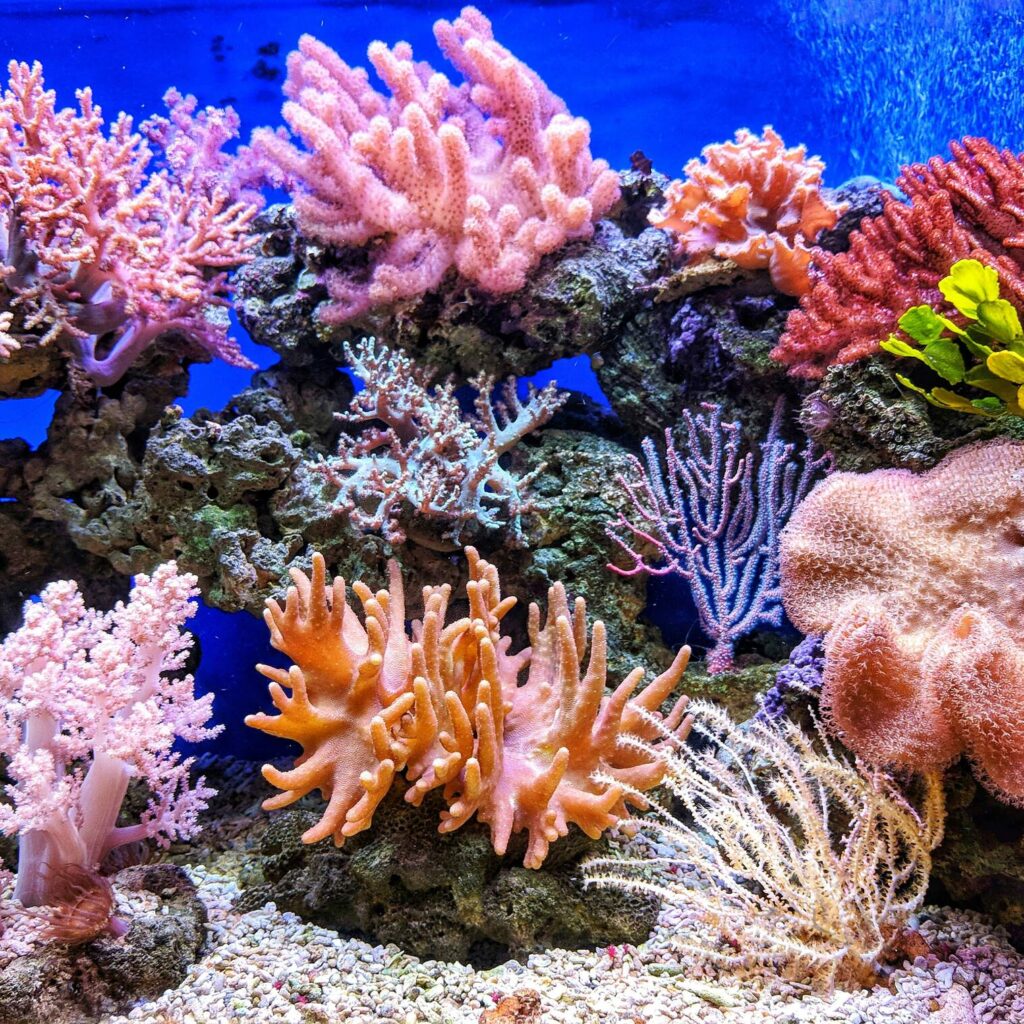Embark on an exhilarating two-week experience that combines outdoor adventure, rich cultural immersion, and impactful service learning in Costa Rica. Live among a welcoming, close-knit ranching community high in the cloud forest and leave a positive mark by building essential infrastructure alongside locals. Engage in spirited soccer matches with local students, putting your Spanish to the test and building bonds with the community. Take on the rapids of the Rio Pacuare and ride the gentle waves of the Pacific, challenging your body and mind. Fully embrace the “Pura Vida” lifestyle as you learn to make traditional tortillas and empanadas, indulge in locally crafted chocolate and coffee, and soak in the warm, joyful spirit of Costa Rican life.
Costa Rica
Cloud Forest Community Initiative
14 days
Trip duration
7th - 8th | 9th – 12th
Grades
14 days
June 24 - July 7 (7th-8th)
July 11 - July 24 (9th-12th)
Miami, FL
Arrival & Departure
